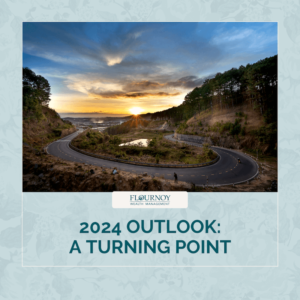Your Money and Your Values :: Sustainable and Responsible Investing
 It’s exciting and rewarding that you can now put your money in companies that align with both your head and your heart. Best of all, you still can make an impact on the world, while not sacrificing your own financial goals and need for solid returns.
It’s exciting and rewarding that you can now put your money in companies that align with both your head and your heart. Best of all, you still can make an impact on the world, while not sacrificing your own financial goals and need for solid returns.
There are a number of potential investment opportunities in the category called SRI — Sustainable and Responsible Investment. SRI is often referred to as mission investing, ethical investing, sustainable investing or green investing.
According to US SIF (The Forum for Sustainable and Responsible Investment) in 2016, $8.07 trillion was invested in SRI-based investments, out of $25.2 trillion dollars in the U.S. investments. The idea of investing with our hearts and minds, to invest with a keen eye to the promotion of our own and the world’s health and well-being, is growing in size and influence.
SRI investing defines itself by what can be screened in and also by what can be screened out. You are investing IN companies that reflect your values. You are also investing OUT of, or diverting your investment capital away from certain investments. Typically, these are investments that are involved in poor environmental and social policies. This would include companies that have poor labor records, or are involved in pornography, gambling, tobacco, alcohol, military equipment and nuclear energy.
Work with Pam to find the sustainable investments that match your values.
Screening In:
- Environment: Resource management and pollution prevention
- Social: Workplace – Diversity, Health and Safety, Labor- Management relations, Human Rights
- Product Integrity: Safety, Product Quality, Emerging technology issues
- Community Impact: Community relations, responsible lending, corporate philosophy
- Corporate Governance: Executive compensation, reporting and disclosure, board structure and accountability
- Women’s Equality in the Workplace
Faith-based investing is also increasing in popularity. There are investments that are managed based upon Catholic, Protestant or Islamic principles.


